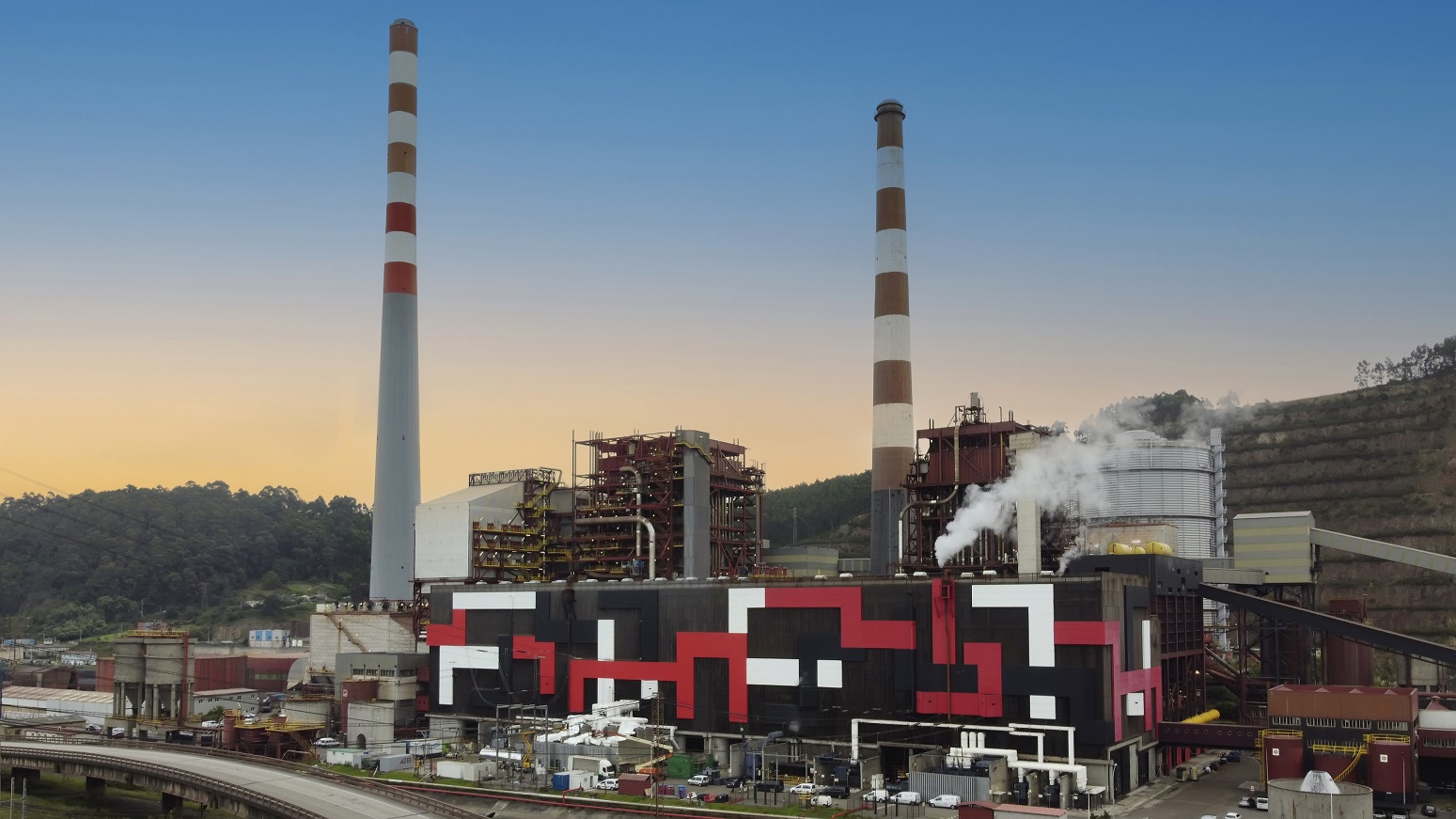
EDP’s Asturian green hydrogen valley, a unique case in Europe

The project to transform Aboño’s power plant has the highest European recognitions
The company’s goal is to reach an electrolysis capacity of 500 MW in 2030, in addition to another 500 MW from Soto de Ribera
The Asturias H2 Valley project, that is, the transformation of Aboño’s thermal power plant into the Asturian green hydrogen valley, is the continent’s green hydrogen initiative most recognised by the European Commission. Its most recent milestone has been its inclusion in the list of initiatives considered a Project of Common Interest (PCI).
This new boost to EDP’s realistic and mature project, for which it was necessary to prove the project’s European dimension, integrates the ambition to have 1 GW of electrolysis capacity in place in Asturias, between Aboño and Soto de Ribera, by 2030.
The recognition comes from the European Commission Directorate for Energy, and entails that the project will benefit from accelerated processes of planification and granting of permits, better regulatory conditions, lower administration costs due to simplified environmental assessment processes, and a higher visibility for investors, as well as the right to apply for funding from the Connecting Europe Facility (CEF).
Aboño and Soto de Ribera’s unique location must also be taken into account: a fair transition area. The fact that both initiatives follow circular economy principles because of the repurposing of two thermal power plants’ facilities should be considered as well.
Apart from being recognised as a Project of Common Interest (PCI), the Asturian green hydrogen valley is an Important Project of Common European Interest (IPCEI), a designation given by the European Directorate-General for Competency which approves state aids above the limits established in the general regulations.
Among the Strategic Projects for Economic Recovery and Transformation (PERTE) based on renewable energy, renewable hydrogen and storage (ERHA), the Institute for the Diversification and Saving of Energy (IDAE), dependant on the Ministry of Ecological Transition and the Demographic Challenge, has published the granting of aid to the Aboño project through two channels, the Pioneros program and the Cadena de Valor program, as well as to the Soto project through the Pioneros program, during the first quarter of this year.
In July, the Aboño project also received the recognition of the European Innovation Fund, one of the biggest and most competitive public financing instruments to support the development of innovative low carbon technologies.
EDP is also acting as a tractor company of the green hydrogen value chain, something that has been reflected in the approval of a line of support from the European Commission, through the so-called I3 Fund, which in Asturias has been coordinated by the Asturian Energy Foundation (FAEN).
This has allowed four Asturian SMEs (Hidritec, Sazepi, Táctica Tic and Signal Software), and one Leonese business (Tresca Ingeniería), in addition to the energy company itself, to receive European funds to develop studies and engineering and design work for the project.
The first phase of the Aboño project, which consists of the implementation of 150 MW of electrolysis at the beginning of 2026, is in the middle of its environmental processing.
In the case of Soto de Ribera, EDP has also made progress with the environmental processing of an electrolysis capacity of 5 MW, with the aim of launching them on the same date.
All of this within a regional framework, Asturias, considered by the European Commission Directorate-General for Industry as one of the three European regions where the development of green hydrogen projects should be given the most priority.
In this sense, EDP has just been recognized as the world’s most sustainable electricity company according to the S&P CSA Scores 2023, achieving the best result in a list of 256 companies from around the world, a leading position it holds for the third time in the last ten years.
With these projects, EDP asserts its ambition to become 100% green by 2030. The company is advancing with its 2023-2026 Business Plan, through which they will make investments worth 25 billion euros in the deployment of renewable energy, in making power grids more flexible, and in designing and offering innovative solutions to their customers.